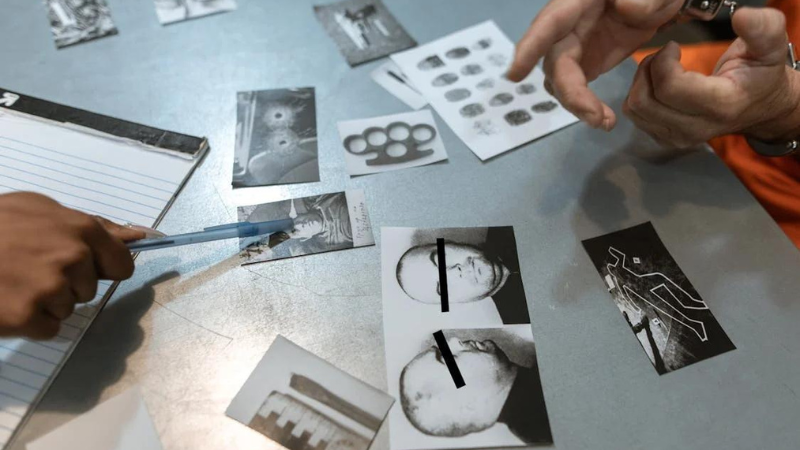A career as a criminal investigator offers rewards like few other professions can match. The chance to help victims find justice, take dangerous criminals off the streets, and solve complex puzzles draws many people to this field. However, the job also comes with significant demands and challenges. Aspiring criminal investigators take on a range of duties and must have the right mix of skills and education to succeed. If you are considering a career in criminal investigation, it is important to understand what the job entails. This article will provide an overview of the key things to expect from the education requirements to the work environment and career advancement opportunities in the field of criminal investigation.
Education Requirements
Most criminal investigator jobs require at least a bachelor’s degree in criminal justice, police science, or a related field like forensics or criminology. Many federal agencies like the FBI and DEA require a minimum of a bachelor’s degree just to apply for criminal investigator positions. Getting relevant experience through internships while earning your degree is highly recommended. For example, completing a bachelor’s degree in criminal justice from https://online.nmu.edu/ will provide a solid educational foundation.
Common Job Duties
Criminal investigators have a wide range of responsibilities, including:
- Examining crime scenes and collecting physical evidence
- Interviewing witnesses and suspects
- Consulting with and obtaining information from informants
- Surveilling suspects and conducting undercover operations
- Obtaining search warrants and making arrests
- Analyzing evidence and building cases
- Testifying in court proceedings
The daily work is unpredictable and can alternate between action in the field to desk work writing reports. Strong communication, analytical, and problem-solving skills are essential.
Career Advancement Opportunities
With several years of experience, criminal investigators may advance to supervisory roles as corporals, sergeants, or lieutenants. After demonstrating leadership abilities, opportunities also exist to become chiefs of police or sheriffs. Investigators can also pursue careers with federal agencies like the FBI, DEA, ATF, or Secret Service after meeting their qualifications. With a graduate degree, experienced investigators may transition into careers as criminologists, forensics scientists, or university professors.
Work Environment
Criminal investigators work for local, state, and federal law enforcement agencies, as well as prosecutors’ offices and other government entities. Much of the job involves field work, visiting crime scenes, making arrests, and interviewing informants or witnesses. Investigators also spend time in an office reviewing evidence and writing reports. Most entry-level positions require working rotating shifts at all hours. The work can be stressful and dangerous at times, but also extremely rewarding.
Job Outlook
The job outlook for criminal investigators is strong. According to the U.S. Bureau of Labor Statistics, demand for detectives and criminal investigators is projected to grow 3% through 2032, keeping pace with average job growth. Competitive salaries and benefits also attract candidates to the field. Experience in law enforcement or the military provides a hiring advantage. Those fluent in multiple languages are also highly sought after due to the global nature of many crimes.
A career as a criminal investigator is demanding but also exciting and meaningful. Stopping dangerous criminals, solving complex cases, and bringing justice to victims of crimes can provide immense professional and personal fulfillment. While the educational requirements, job duties, and work environment can be intense, criminal investigation is a career path like no other for those dedicated to protecting their communities.




